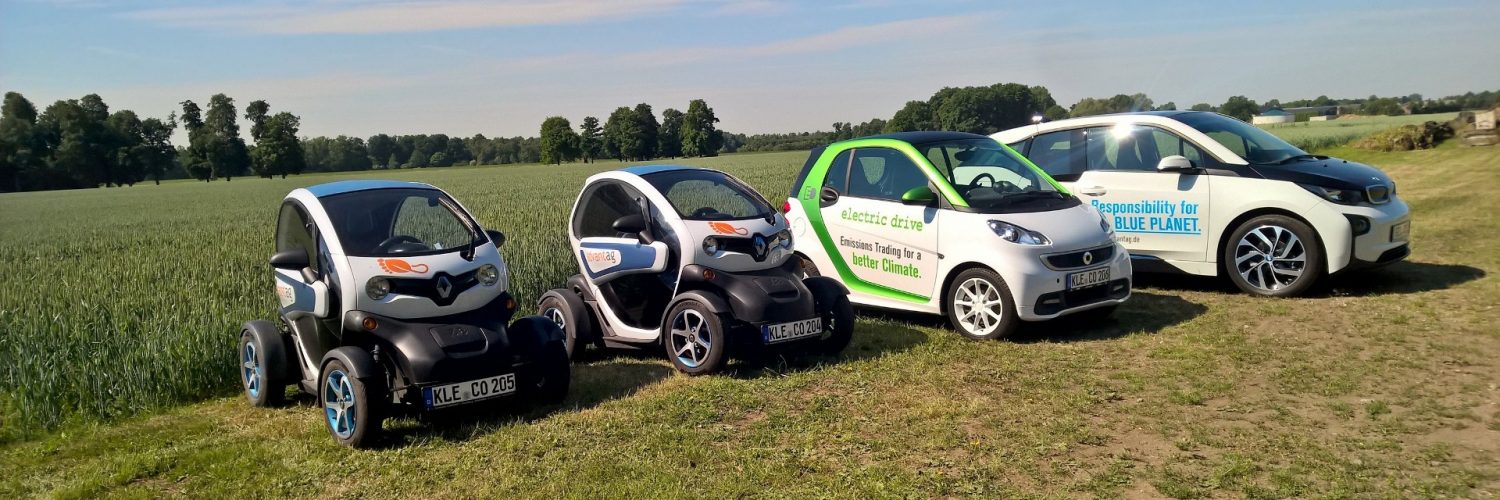We all live in a global world that is subject to economic constraints and in which the production of greenhouse gases is directly linked to the standard of living of every individual. So it is no wonder that a small family in a small German town causes an average annual emission of the greenhouse gas CO2 of around 32 tons, while in an African steppe village in the Third World it is less than one ton. In the case of companies, the emission of the greenhouse gas CO2 is sensibly determined by an expert office experienced in climate protection, which calculates exactly how many tons of CO2 your company emits on average per year. But what are the decisive points for the amount of CO2 emissions and how can I positively influence them in my private or professional environment? The following questions should be in the foreground:
How high is my electricity consumption and how can I reduce it? Where do I get my electricity from? Can I generate regenerative energy myself?
Does my house or apartment have optimal thermal insulation?
How and with what do I heat? Can I avoid emissions through renewable fuels?
Do I own a motor vehicle and if so, what are the CO2 emissions? How often can I replace a trip with my car or motorcycle by bike or on foot? Do I prefer to use the stairs or the elevator?
Do I get my food primarily from all parts of the world, or better regionally? Do I pay attention to organic goods and ecological production?
How much is my meat consumption? Is it feasible to have the lowest possible consumption of meat?
Does the wood in my furniture come from climate-neutral production? Do I pay attention to the corresponding eco-labels?
Where do I spend my vacation? How do I go on vacation? Do I really have to choose long-distance travel destinations several times a year?
Has our company exhausted all possibilities to avoid and reduce greenhouse gases in our sphere of influence? Have we optimized the energy efficiency of our processes and switched the consumption of energy to electricity from renewable sources?
These are just a few points that can be reconsidered when examining your life for a possible optimization of greenhouse gas emissions. At each of these points you can certainly improve a little bit without much effort, without completely changing your life. And the more people participate, the greater the success will be, because the mass of greenhouse gases saved – no matter where in the world – will have a corresponding effect on the climate. And you have the option of voluntary compensation for the irreducible amount of greenhouse gases.
Do you want to find out more? Then get in contact with us!


